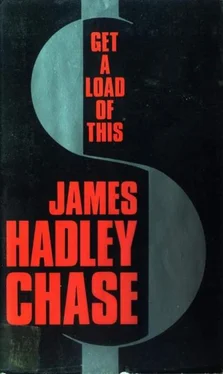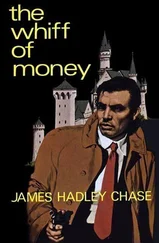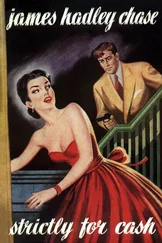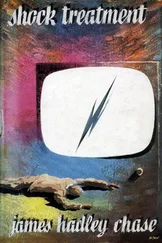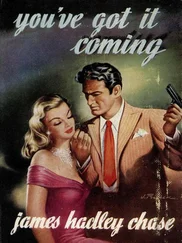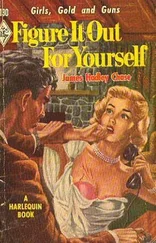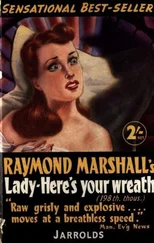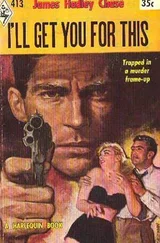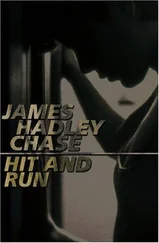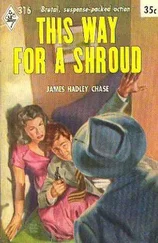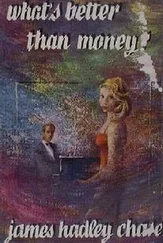Holtz watched him hurry away and nodded, satisfied. Castra had shown no surprise, no disappointment. He had accepted the order without question. It was a good beginning.
A few minutes later the four men came hurrying up. They stood before Holtz, their eyes apprehensive. Castra was the only one who looked unmoved.
Without wasting time, Holtz told them what was expected of them. “The enemy may not attack,” he concluded. “If they don’t, then we shall have won distinction easily; if they do, we shall hold this position to the last man. There can be no retreat, do you understand that? I have chosen you four because of your records, but if there is any man among you who wishes to step down, he can do so. I do not want halfhearted support. There is a small chance of withdrawing as we shall have the Lewis gun, but if you feel about the revolution as I think, then you will not hesitate to do your duty.”
He felt suddenly ashamed when he had spoken, because he knew it was only his pride that made him stay. It was no blow struck for the revolution. Rather it was for the pride of the General. The whole situation really turned on pride, and he felt a hypocrite talking such drivel to these men.
It had the required effect, however. The four men stiffened and did not move.
“Very well,” Holtz said, “let us prepare. Take your men and get the Lewis gun. Get all the ammunition and report back to me here.”
When they had gone away, he stood watching the army move off. It was quite remarkable, he thought, how quickly they had prepared for the withdrawal. He felt them looking at him as they marched off in ragged lines. He felt their looks of sympathy mixed with derision, and he drew himself to his full height, feeling just for the moment a surge of emotion that comes to a man at this time.
The General came out and Holtz walked over to him. Cortez returned his salute and then abruptly held out his hand. “I’m sorry, Holtz,” he said in a heavy voice; “you will be decorated for this. I am certain that you will not fail me, so certain, that I will not add to what I have already said. Should anything happen to you, can I write to anyone for you?”
Holtz thanked him. The lines round his mouth hardened and he took from his breast pocket an envelope. “Your Excellency is very considerate,” he said. “If I should be killed, and not before, it would be a great kindness if you would have this letter delivered.”
The General took the letter. “I will take it myself,” he said; “that is the least I can do.” He glanced at the address. “Senorita Nina Howard. She is Ingles ? Your friend?” He looked hard at the Lieutenant.
Holtz nodded. “Yes, Your Excellency, my very dear friend.” He spoke very slowly, and the General was startled at the emotion that shook his voice. “If you should see her—perhaps you could say that… that I was doing my duty…. I think it would please her.”
The General put the letter in his pocket. “Of course, of course,” he said, suddenly impatient to be off. “You can rely on it. I will tell her you died a brave man. You did your duty and you saved the gun. There, that should please her.”
Holtz took a step forward and put his hand on the General’s arm. “Not the gun,” he said earnestly, “don’t tell her about the gun. You see, she would not understand. She values me more than a gun. Just tell her I was doing my duty. That will be enough.”
The General suddenly flushed. He nodded abruptly and rode away. He did not look back.
The courtyard was nearly empty now. Holtz felt lonely. He walked slowly across to where Mendetta was waiting for the last of the men to march out. Mendetta saw him coming and scowled. He did not relish any further sarcasm from Holtz.
Holtz, however, came up to him and held out his hand. “Good-bye,” he said quietly, “I’m afraid you’re going to have a very hard time getting the gun over the hills. I would rather be here than work so hard.” He gave a little laugh. “It would be a fine thing if you let the goddamned thing fall over the pass, wouldn’t it? I mean after all the fuss that has been made about it.”
Mendetta looked at him suspiciously. “That won’t happen, you can rely on me not to do that. It would be a bad thing after sacrificing so much.”
Holtz kicked a stone. “I’m afraid I hurt his Excellency’s feelings just now,” he said. “Never mind, he is not likely to worry me much longer, is he?”
Mendetta saw the last man walk through the gate and he gathered up his reins with relief. “Good-bye,” he said, “you will come through all right. I am sure of it.”
“Good-bye,” Holtz said; “you must hurry.”
Mendetta rode after the army and Holtz turned to look for his men. They were waiting for him in the shade of the farmhouse. The Lewis gun and a large wooden box stood near by.
Holtz went over to them. “We will fortify the house,” he said. “No one can pass so long as the Lewis gun can fire. Have it taken to the top room, and board up the windows. I will leave it to you. It is where we will make our stand. Take water and food there. You know what to do. Leave Dedos with me, and take the others.” He turned to Dedos, who was very young, but his thin cruel mouth, and hard flat eyes, flat like those of a snake, made him look a lot older than he was. “You understand dynamite?”
Dedos nodded. “Yes, Lieutenant,” he said, “I understand it very well.”
“Over there is dynamite; fetch it. You will find also an exploder and some caps. Bring a spade too.”
Dedos went over to the farmhouse and came back soon with a big sack on his back and a spade in his hand. Holtz took the spade from him. “Come with me,” he said.
They walked a short distance down the rough road, away from the farm and in the opposite direction to the way the army had gone. At two hundred paces, Holtz stopped. “Here, you will prepare a mine,” he said. “You must be very careful that it is not seen easily. Use all the dynamite. When you have done this, lay a cable back to the farm. I don’t know how much wire you have there, but I think it will reach the farm all right. This you must do very quickly. There is no time to waste. Do you understand?”
Dedos smiled. The idea pleased him. “Immediately, Lieutenant,” he said.
Holtz hurried back to the farmhouse. Rather to his surprise, he found that he was enjoying this. He felt that, after so many dreary days of retreat, this new activity acted as a tonic to his depression.
Upstairs, in the farmhouse, Castra had set up the gun. Fernando was boarding up the remaining window, and Golz was staggering to and fro with buckets of water.
The walls of the farmhouse were thick, and unless Pablo brought his artillery into action they had a very fair chance of holding the place for some hours.
Holtz checked over the stores that the General had left for them. There were sufficient rations for four meals. It was enough. Holtz had no intention of holding the place longer than necessary. Not that he was going to surrender; he made a little face at the thought. Pablo was noted for his cruelty. He would have no mercy on prisoners.
There was a story told about this Pablo. Holtz had heard it several times. He remembered quite well the first time he heard it. It was while he was spending a few days away from the actual front line preparing for an offensive which proved later to be unsuccessful. He had spent the day inspecting horses, guns and men, and in the evening he was glad to sit by the fire, relaxing his aching limbs. It was Santez, his brother officer, who began talking about Pablo.
“I have studied this man,” Santez said, holding two bony hands towards the fire. “He interested me. I wanted to know why he is so successful in the field. Why it is that Cortez has tried so often to trap him and has failed each time. So, for some time I made it my business to find out things about him, and although I never succeeded in finding out why he is a better general than Cortez, I heard a little story about him which supports my theory that a General who is feared is more successful than a General who is merely admired.”
Читать дальше
